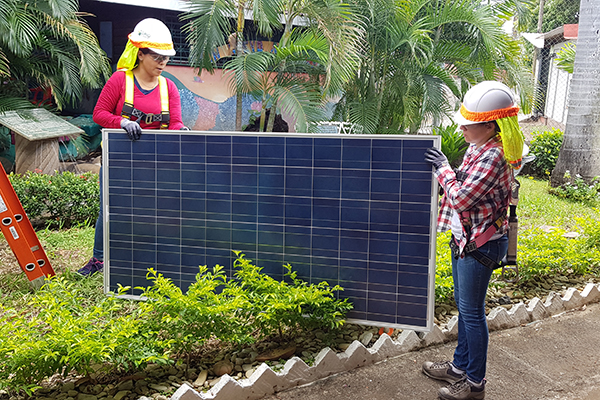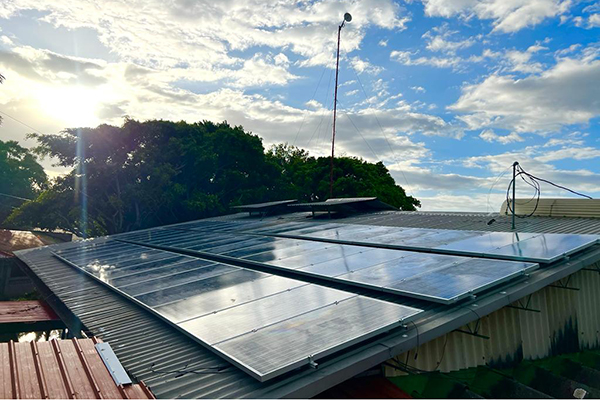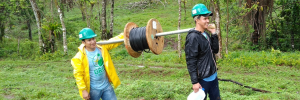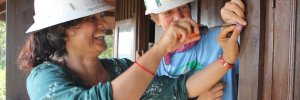North Batahola Cultural Center is a community center located in Managua, Nicaragua founded in 1983 by Angel Torrellas and Margarita Navarro to be an oasis of art and human formation. When the founders arrived in Managua from Mexico, they noticed the children in the community didn’t have a school or a place for recreational activities. They created the Carlos Fonseca Amador College and a recreational park across from the center. The center is a space for culture, education and training for people from neighborhoods in Managua and is recognized for its passion and creativity in the construction of a just and sustainable society.

The Center is committed to personal and community transformation that develops practical and artistic capacities of women and men of all ages with a comprehensive approach to creative spaces and an environment of respect, solidarity, and spirituality.

North Batahola Cultural Center pays a high monthly electrical rate of $760 on average and does not receive any type of subsidy from the distributor since its electrical usage is so high that it surpasses the electric usage tiers that receive a subsidized rate. This means the nonprofit cultural center is paying approximately $10,000 in electricity alone. Solar can significantly reduce the Center’s electric bill, saving costs that can be used for other means and services the Center offers.

In March 2023, GRID Alternatives, together with Nicaraguan solar company Ecami and women job trainees who are graduates from GRID’s solar workforce development training program installed a 13.11kW grid-tied solar system on the roof of the Center. This is the GRID Nicaragua office’s first grid-tied installation thanks to energy policy that changed to allow grid-tied solar systems. The system was installed using a ‘zero injection’ design where solar covers as much of the Center’s loads as possible but does not feed back into the national electric grid. See more photos from this project.
Thank you to the German Embassy in Nicaragua for supporting this project.




